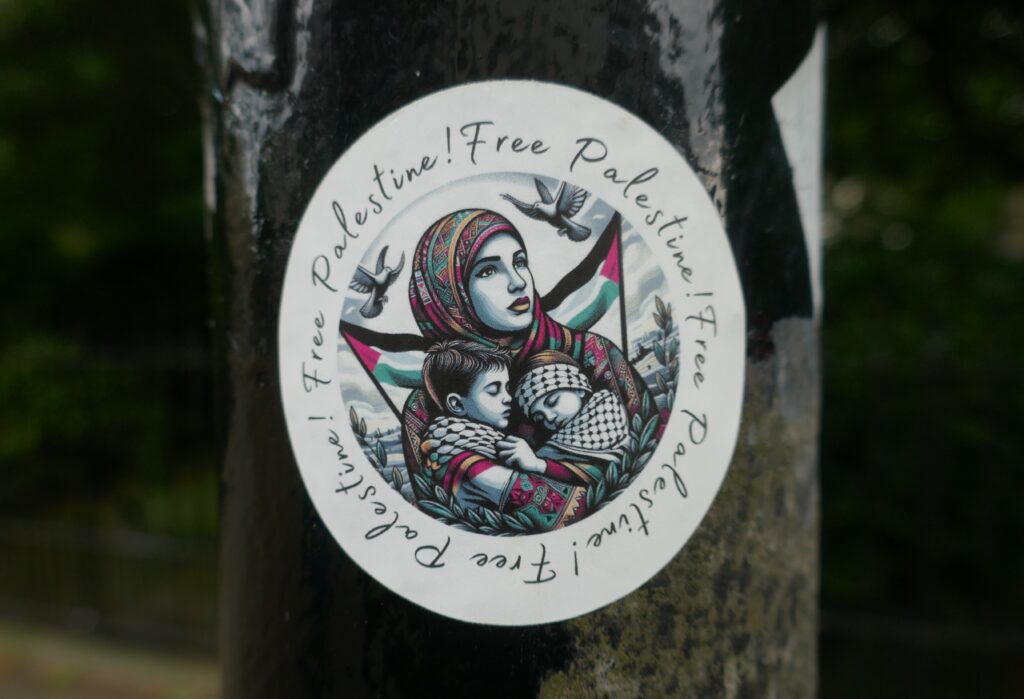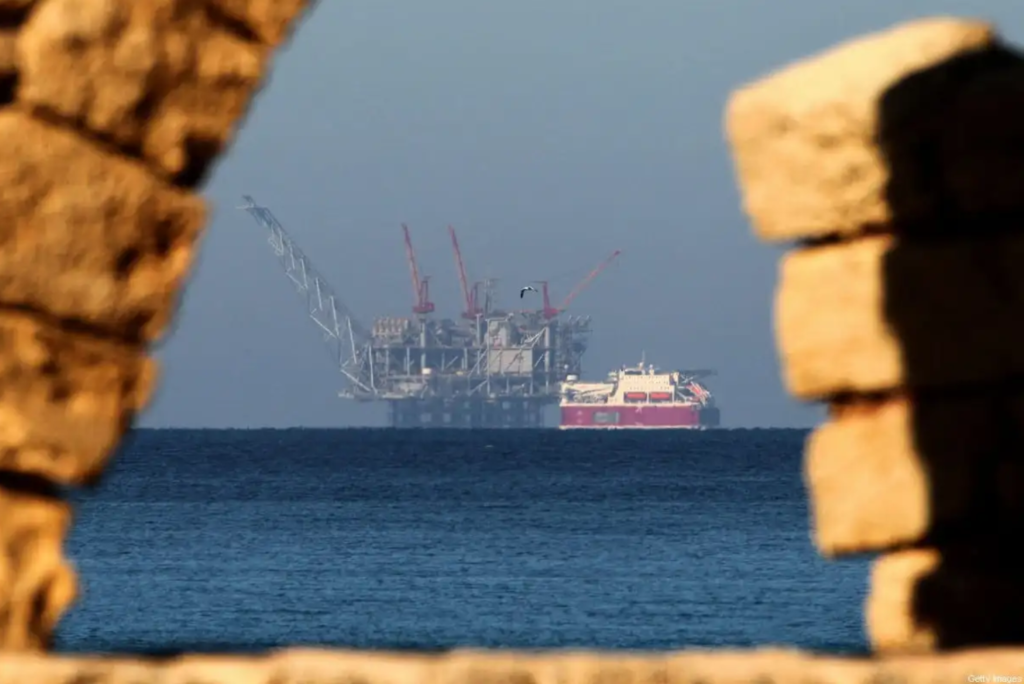Part V in my series on anti-Blackness in Asia
In part one, I identified five key components of anti-Blackness that exist globally. Today we’re talking about the second one: the hyper-criminalization of Blackness. Black people are deemed threatening and “criminal”, which then opens up the Black body as a site for surveillance, and for “preventive” and “retributive” violence in the name of “public safety”.
Although hyper-criminalization impacts Black people of all genders, media and academic works in Asia tend to concentrate on Black cisgender men, with a few specific exceptions. This is almost certainly not reflected in the real world, where Black women and gender minorities experience disproportionate surveillance, violence, incarceration, and murder, particularly Black trans women.
I also want to emphasize that our conceptions of “crime” worldwide are themselves deeply anti-Black and unjust, where crimes are defined as acts perpetrated by individuals, many of which do not even create harm against other people, and, importantly, do not always include acts of harm and violence committed by states, corporations, other institutions, or even powerful individuals. For example, a Black person can be targeted for a non-violent traffic violation that may even lead to their death at the hands of the police, while CEOs of companies who have killed thousands through industrial pollution are rarely held accountable in any way. The very idea of crime as something created solely by an individual’s psychology and morality is also completely at odds with the reality that crime is usually correlated with scarcity, poverty, and oppression. And, of course, systems of “law and order” across the world are typically formed around who is considered a threat to the nation-state and capitalism, not necessarily to those who create harm to people.
Finally, when I discuss ways that Black people are stereotyped as “criminals”, I do not in any way mean to justify state-sanctioned violence against people who do those actions we’ve defined as “crimes” either – no one should be subject to state-sanctioned violence! Additionally, there is nothing wrong with many of the activities that Black people are stereotyped as doing – for instance, it is completely fine to for Black folks to do sex work, but the idea that all Black women are sex workers is still a racist and anti-Black trope.
Stereotypes of Black criminality
In Yemen’s ongoing civil war since 2015, Black Muhamasheen mercenaries have been hired by both sides to invoke racist stereotypes that make the mercenaries appear more threatening. These stereotypes come from myths of the origins of the Muhamasheen community, including the idea that they were originally African “invaders” – which, as historian Gokh Amin Alshaif writes, impacts how they are racialized today:
“The Muhamasheen’s origin myths are bereft of holy ancestors or brave Indigenous warriors. The Muhamash is constructed as foreign, violent, effeminate, sexually deviant, impure, and immoral. As such, police officers regularly dismiss violent crimes and sexual assault against Muhamasheen women who they posit as ‘naturally promiscuous.’ Today, common proverbs warn Yemenis not to ‘be fooled by a khadim’s loveliness, it’s in his bones you’ll find his filthiness.’”
African university students have been studying in China since the 1960s, and many of the men have long been portrayed as sexually threatening to Chinese women, reinforcing another violently anti-Black stereotype. In 1988, officials at Hehai University built a wall around the foreign students’ hall to prevent African students from bringing Chinese women back to their rooms consensually. Chinese students then spread lies about two Black students from Benin and Liberia having kidnapped a Chinese woman and killed a Chinese man, which led to a racist mob of over 300 Chinese students attacking the foreign students’ hall and shouting racist threats about wanting to kill them. Over the next few days, the Chinese students gathered more than 3,000 supporters who mobbed 140 African students until they were trapped at the Nanjiang railway station. Fortunately no one died, but the African students had to be transported to a military guest house for their safety.
India is fast becoming a magnet for international students from Africa, with the government sponsoring scholarships for students from Africa, and universities putting great effort into marketing in Africa. However, Black students in India report being stereotyped as criminals, drug dealers, sex workers, and cannibals – all deeply anti-Black tropes – which has led them to being harmed by violence as well. Criminality narratives are not restricted to recent African immigrants: kids from Pakistan’s Afro-descendant Sheedi community are bullied by teachers who assume they use drugs and will fall into delinquency, which in turn leads to poor educational outcomes and drop-outs.
Police violence and incarceration
Of course, it is not just students who face this kind of violence, nor does that violence only come from civilians. The narrative of Black criminality also subjects Black people to disproportionate levels of surveillance, beatings, incarceration, disappearances, and murder by the state. Black Jordanians experience more harassment from police than their non-Black peers for things like loitering (which is an anti-Black concept in itself). Black Asians who come from long-running Black communities in their countries can be stopped domestically by police and asked to show their papers as if they are foreigners – see examples from Iraq and Japan.
Afro-Palestinians face the intersection of Israeli genocide and anti-Blackness; in occupied East Jerusalem, they primarily live behind a police blockade, where the majority of their community has been arrested at some point or another, and those who are incarcerated – even youth – are subject to constant rearrests by Israeli police for flimsy reasons. The Ethiopian Jewish community in Israel also faces police violence: in 2015, the beating of an Ethiopian Jewish soldier by two white policeman launched mass protests, as did the 2019 police killing of Solomon Teka, an 18-year-old Ethiopian Jewish person. These carceral impacts start young: 40% of minors in the Israeli correction system are Ethiopian Jewish, even though Ethiopian Jewish people make up less than 2% of Israel’s population.
In Thailand, which currently has the sixteenth-highest incarceration rate in the world, and the third-highest in Asia, Black folks are subjected to arbitrary arrests and hyper-surveillance, including at least one government raid in 2017 that explicitly targeted Black people. Thailand’s prison conditions are notoriously horrible, and Black people face those conditions in addition to violent racism from guards and other people who are incarcerated. While Thailand’s Black population is small, in 2018, 1% of the total Black population in Thailand was incarcerated – compare this to South Asians, who are another racial minority in Thailand, but only 0.18% of South Asians in Thailand are imprisoned.
In colonized West Papua, as in the rest of Indonesia, the government targets sex workers by closing brothels and conducting raids in red light districts. Among women who do sex work, there is an industry social hierarchy in which non-Black Indonesian sex workers are valued above Black Indigenous Papuan sex workers: the safer sites of sex work at hostess bars, hotels, and regulated brothels are dominated by Indonesian women, while the majority of open street sex work is done by Papuan women, leaving Papuan sex workers more vulnerable to police violence, arrests, and incarceration. These dynamics are furthered intensified for Papuan waria (trans women and transfeminine people) who do sex work, who suffer from the heightened criminality tropes characteristic of transmisogynoir, the specific form of anti-Blackness experienced by Black trans women.
Carceral and policing forces in Asia have been influenced and reinforced by western colonialism – and thus, often by anti-Black racism. Sociologist and activist Joshua M. Makalintal writes about the “imperial boomerang” of dynamics between the United States and the Philippines, in which colonization of the Philippines provided the United States with a testing ground for civil-military policing and surveillance to crack down on anti-imperialists. This both allowed the United States to perfect techniques that would be taken back to the homeland to subdue Black Americans protesting Jim Crow laws, and became the carceral apparatus that formed Philippine policing. And this relationship lasted long beyond Philippine Independence in 1946, with U.S. police forces training Philippine soldiers and police at least through to the U.S. War on Terror in the 2000s. Makalintal notes the way Philippine President Rodrigo Duterte’s regime has intensified police and military violence against any dissension in the name of the “War on Drugs”, including the extrajudicial killings of nine Black Indigenous Tumandok council leaders who were gunned down in their sleep by a police-military unit in December 2020.
Immigrant detention and deportation
Immigration systems are also a space for state surveillance and violence towards Black people. Black immigrants in Asia face visa systems that are difficult to navigate, often leaving them stranded or vulnerable to abuse and exploitation when their visas expire, and they can be subjected to incarceration or deportation. In Indonesia, immigration workers have reportedly extorted money from African immigrants, and some victims have died allegedly as a result of violence by immigration personnel. In Turkey, people from the Senegalese and Guinean diaspora report excessive harassment and violence from the police, even when they have papers.
Black Hebrew Israelites face deportation despite having lived for decades in Israel. The small community, which arose from African Americans who moved to Israel in the 1960s, were originally granted citizenship by the state, but after changes to Israel’s “law of return” (which grants citizenship to all Jewish people), Black Hebrew Israelites had their citizenship revoked. In the years since, some people in the community have been able to get citizenship or permanent residency status, but in 2021, at least 130 people were denied residency status, and 50 were issued deportation notices. It took until this year for those people to see relief from the Israeli immigration courts, but even then, they have only been granted temporary visas that must be renewed every two years. And there are yet others in the community who remain undocumented.
In North Cyprus, Turkish Cypriot universities pay “agents” to recruit international students from African countries to increase their revenue, and many students who apply are misled into thinking that studying in North Cyprus will give them mobility into the European Union. (North Cyprus is a “breakaway state” only recognized internationally by Turkey, and it is not part of the E.U.) Many of the students from countries like Cameroon, Nigeria, and the Democratic Republic of the Congo are not even able to get into the country despite having proof of admission at a North Cyprus university; those who do are often later deported, or are unable to study and are arrested for petty crimes.
Black immigrants are imprisoned and deported even when they have documentation. In June 2021, immigration authorities in the United Arab Emirates conducted nighttime raids to kidnap and arrest hundreds of migrant workers, most of whom had valid residency and work visas, focusing specifically on Black people from countries including Cameroon, Nigeria, Uganda, and Ghana. Emirati authorities subjected the kidnapped Black workers to excessive force, including beatings during the arrests and physical and psychological torture while detained; racist discrimination and anti-Black insults; sexual assault and harassment of gender minorities; theft of their personal property; lack of access to lawyers or legal protection; denial of healthcare; and forced deportation. In September 2022, Emirati authorities similarly kidnapped, abused, and deported Black African workers, and at least one imprisoned Nigerian person died in custody.
Black refugees and asylum-seekers in Asia also face racism and are often left waiting for years for their cases to be resolved, so they are forced to live in detention centers or refugee camps where they are denied basic services, and face extreme poverty, racism, violence, lynching, and deportation. In Lebanon, many Black refugees have waited over twenty years for action on their cases, which led activists from Sudan, Ethiopia, and other African countries to protest for months in 2020. Some countries like Indonesia are not signatories to the 1951 Refugee Convention, leaving refugees there from Somalia, Sudan, Eritrea, and Ethiopia stranded. Those who are able to settle down in Asia, like the Somali community in Turkey, the Gambian community in China, and the Eritrean community in Israel, can still face police harassment, violence, incarceration, and deportation.
Even Black tourists and travelers face disproportionate scrutiny when compared to tourists of other races, such as being detained for longer at customs, or even being denied entry outright – Roobens Fils, the author of Traveling While Black, has documented this happening to him in Singapore, Kyrgyzstan, Sri Lanka, the Philippines, and Vietnam!







